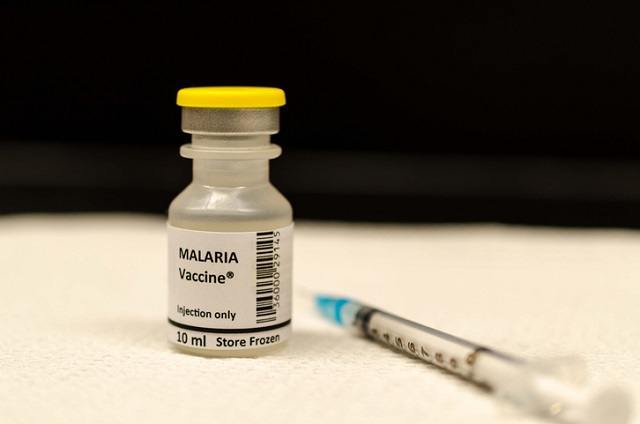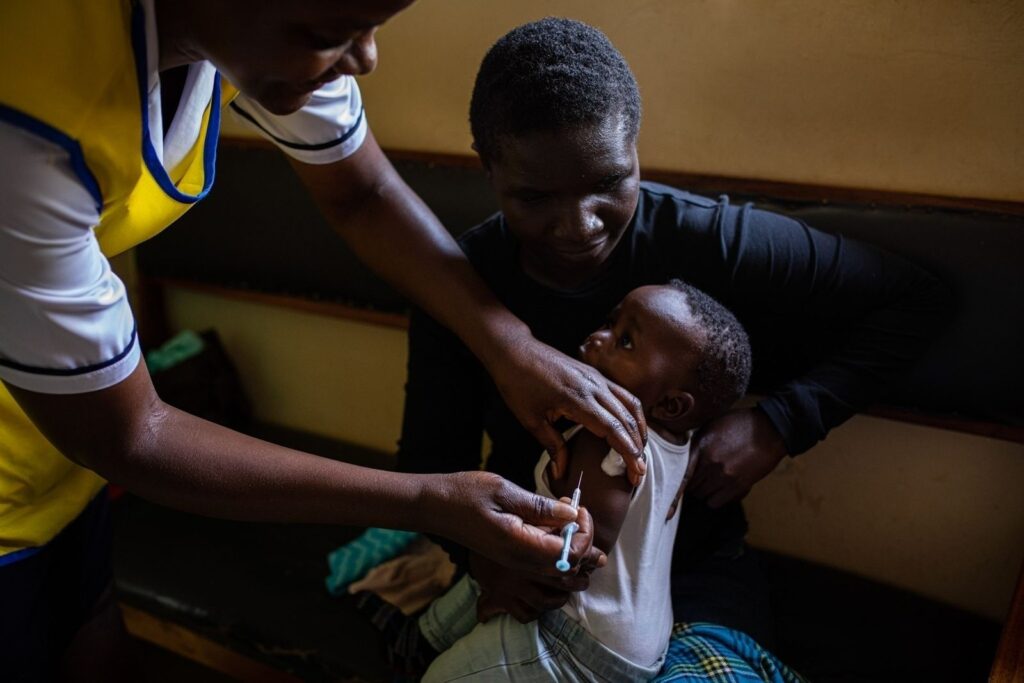
The World Health Organization on Wednesday endorsed the first ever vaccine to prevent malaria, debuting a tool that could save the lives of tens of thousands of children in Africa each year. The recommendation is based on results from an ongoing pilot programme in Ghana, Kenya and Malawi that has reached more than 800 000 children since 2019.
“This is a historic moment. The long-awaited malaria vaccine for children is a breakthrough for science, child health and malaria control,” said WHO Director-General Dr Tedros Adhanom Ghebreyesus. “Using this vaccine on top of existing tools to prevent malaria could save tens of thousands of young lives each year.”
Malaria is among the oldest known and deadliest of infectious diseases. It kills about half a million people each year, nearly all of them in sub-Saharan Africa — among them 260,000 children under age 5.
The new vaccine, made by GlaxoSmithKline, rouses a child’s immune system to thwart Plasmodium falciparum, the deadliest of five malaria pathogens and the most prevalent in Africa. The vaccine is not just a first for malaria — it is the first developed for any parasitic disease.
In clinical trials, the vaccine had an efficacy of about 50 against severe malaria in the first year, but dropped close to zero by the fourth year. And the trials did not measure the vaccine’s impact on preventing deaths, which has led some experts to question whether it is a worthwhile investment in countries with countless other intractable problems.

But severe malaria accounts for up to half of malaria deaths and is considered “a reliable proximal indicator of mortality,” said Dr. Mary Hamel, who leads the W.H.O.’s malaria vaccine implementation program. “I do expect we will see that impact.”
A modeling study last year estimated that if the vaccine were rolled out to countries with the highest incidence of malaria, it could prevent 5.4 million cases and 23,000 deaths in children younger than age 5 each year.
And a recent trial of the vaccine in combination with preventive drugs given to children during high-transmission seasons found that the dual approach was much more effective at preventing severe disease, hospitalization and death than either method alone.
To have a malaria vaccine that is safe, moderately effective and ready for distribution is “a historical event,” said Dr. Pedro Alonso, director of the W.H.O.’s global malaria program.
Parasites are much more complex than viruses or bacteria, and the quest for a malaria vaccine has been underway for a hundred years, he added: “It’s a huge jump from the science perspective to have a first-generation vaccine against a human parasite.”